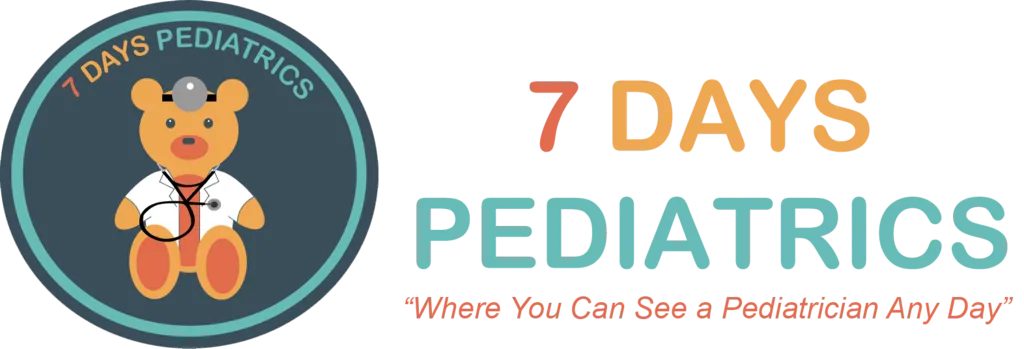Our Blog
Your Pediatrician's Guide To Thumb-Sucking
- posted: Mar. 16, 2021
Reflexively, your baby is born with the ability to suck. It makes sense. After all, your little one must be able to suck to get nutrients, whether breastfeeding or bottle-feeding. Read More
Wean Your Child Off Pacifiers and Thumb Sucking
- posted: Sep. 12, 2017
Most young children use a pacifier or suck on their thumb or fingers. Sucking is a natural instinct for an infant and often sticks around as a comforting habit into Read More





